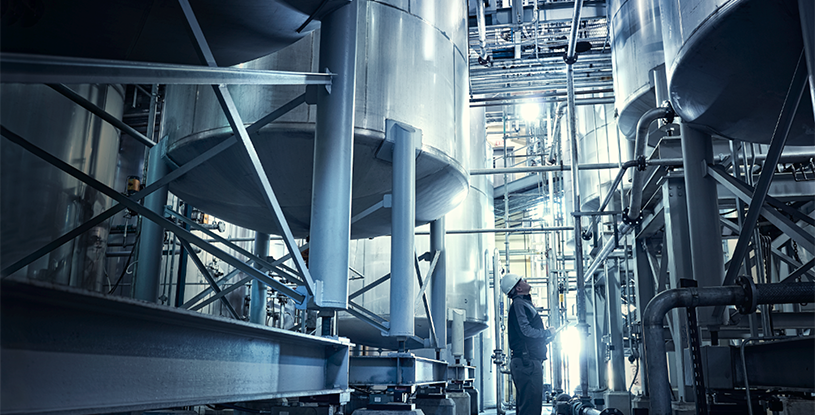They’re blending optimism with the promise of “market modernizations”
No question. 2020 was a rough year for U.S. craft distillers. The COVID-19 pandemic dealt a one-two punch: Not only were their tasting rooms forced to close, so were bars and restaurants, causing on-premise spirits consumption to plummet. The results were harsh. A joint survey by the Distilled Spirits Industry Council of the United States (DISCUS) and the American Distilling Institute found that 36% of craft distilleries reported total revenue declines of 25% or more last year.
A boom in at-home drinking, especially premium brands associated with craft distilling, eased some of the pain. But craft distillers’ year mostly was about survival: getting PPP loans, navigating the regulations surrounding hand sanitizer production, figuring out how to safely bring employees back to work and to reopen retail operations.
There are concerns that many craft distilleries won’t make it, that the wounds inflicted by 2020 were simply too great. A Daily Beast article asks in a headline: “Craft spirits are in real trouble. Can they rebound in 2021?” And a forecast from Moonshine University recommends craft distillers focus on local markets for the year: “Forget about expansion plans for now. Focus on serving your community,” says Director of Spirits Education Colin Blake.
Still, some craft distillers are considering expansion, even if their 2021 will be something of a reset. Their optimism is based on expectations for pent-up consumer demand and new opportunities born out of necessity during the pandemic: Direct to Consumer sales; cocktails-to-go; and scaling operations as a cost-savings measure. DISCUS refers to these kinds of developments as “market modernizations” that will help boost the industry’s recovery.
Other crafts, particularly those with a few years in business, are looking to expand not only to realize cost savings but to “preserve the magic,” as Angel’s Envy founder Wes Henderson says in a freewheeling conversation on Season 2 of the Rackhouse Roundtable series. Like Wes, many craft distillers begin with a dream and want to create something special. As their business matures, they have to figure out how to continue producing quality spirits while reducing cost, and the answer may lie in increased production capacity.
Or, as their brand becomes more popular, they are looking down the road determining how to scale up to meet this demand, says Wes. Twelve-year-old Virginia-based craft distillery Catoctin Creek is a recent example, announcing in early 2021 a $1 million investment to triple capacity as part of its national expansion plans.
A quote attributed to the legendary investor Warren Buffett: “Cash combined with courage in a time of crisis is priceless.”
Conventional wisdom might hold that established distilleries are in a “priceless” situation and better-suited to expand as they look to a post-pandemic future. But many still may find that financing additional equipment or expanding their tasting rooms or storage facilities is out of reach, particularly in a recovering market.
And then there are newer craft distillers, for whom expansion may be a pipe dream as they rely on barrelsful of courage just to keep the lights on during the pandemic. Working capital is a common concern for distillers at this stage, even during good times, as they face the dilemma of how to secure supply to generate cash flow while their own product ages.
For established distilleries dreaming of post-pandemic success, the current slowdown might be the perfect time to create a new flavor profile or custom mash bill in collaboration with skilled Master Blenders.
It’s clear that most distillers, regardless of the stage of their business or how they’ve been impacted by the events of the past year, can benefit from a collaborative, nimble partner to help them navigate the promise and pitfalls of the business. MGP can provide support in a number of ways, starting with a flexible supply plan that allows customers of any size to select and purchase smaller amounts from a large inventory of aged whiskeys.
When the economy recovers and distilleries are ready to scale in response, MGP has the capacity to quickly ramp up production and then store and age the new distillate in its large network of modern warehouses.
Regardless of the need, MGP is here with distinctive solutions. After all, each craft distillery’s expansion considerations are as distinctive as its brand.

